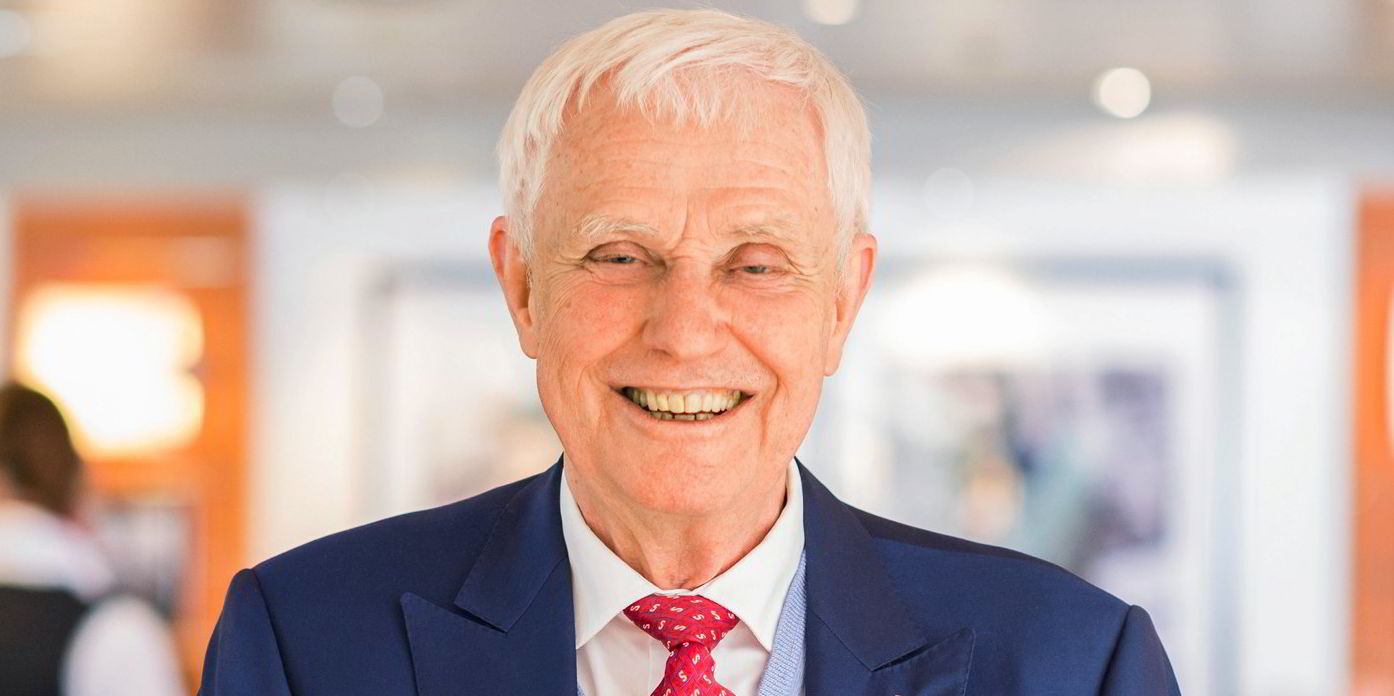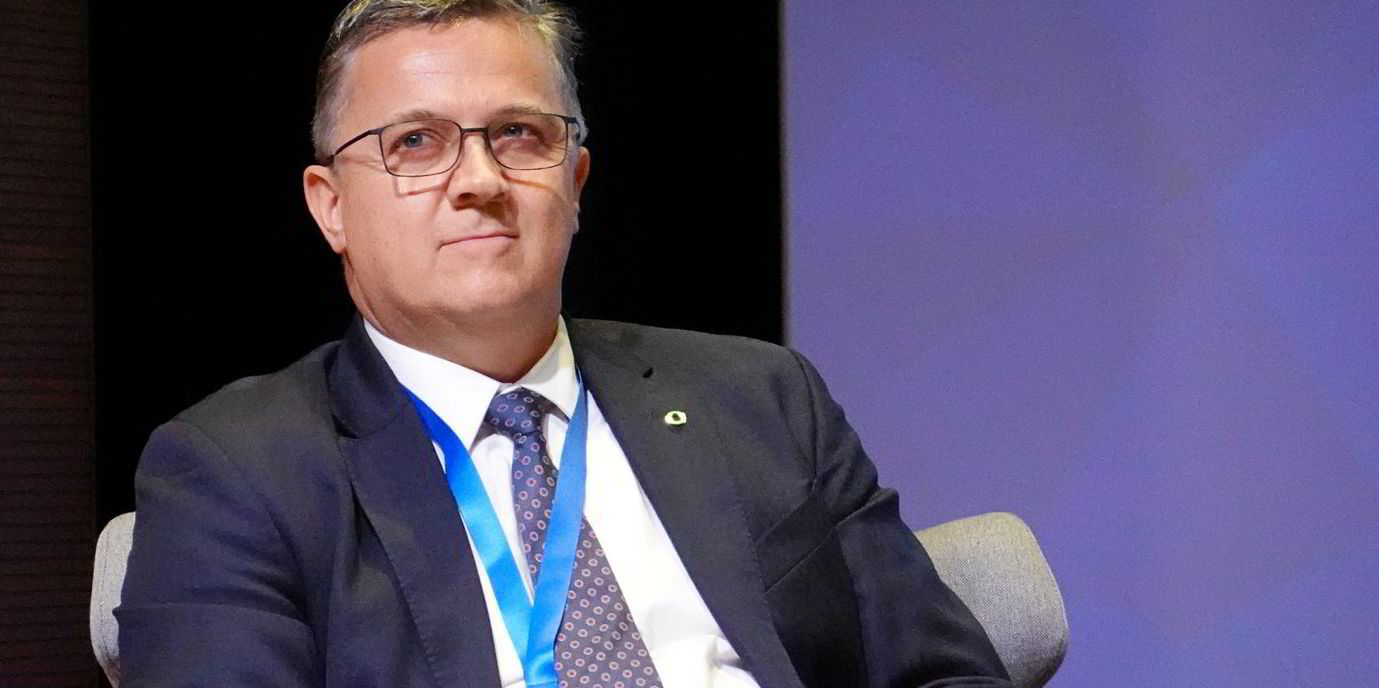Stena AB may be a pioneer in using methanol bunkers, but the Swedish shipowner is being careful not to switch to future fuels too quickly.
Chief executive and controlling shareholder Dan Sten Olsson said in the company’s annual report that methanol has many environmental benefits and it will be possible over the long term to produce it as a climate-neutral fuel with the potential to reduce carbon emissions by up to 95%.
“However, the fuel cost of methanol is generally twice that of diesel,” he added.
For its shorter routes, ferry unit Stena Line believes in electrically powered vessels, and there are several other fuel options, such as hydrogen, Olsson explained.
“Since all of these alternatives entail at least a doubling of our fuel costs, we take a cautious approach to quickly switching to new fuels on any large scale. Moreover, a transition to electrically powered vessels entails major investments at the ports we use,” he said.
“Not only costs, but also energy security drive our investments in the fuels of the future. Albeit to a lesser extent, oil or methane gas will therefore continue to be shipping’s main fuel for a long time to come.”
The CEO said the group is cutting transport-related energy consumption by about 1.5% per year.
“Switching energy sources from fossil to non-fossil fuels is not easy, but we have experience of doing this,” he said.
“When we were the owner of the Helsingborg-Helsingor route, we made electric operation of the ferries possible. We have also operated with methanol as fuel for the Goteborg-Kiel route.”
Stena also backs calls for a carbon tax on shipping to accelerate the transition to renewable fuels with neutral terms of competition.
But it wants the tax revenue to be shared between development support for the industry and promoting the replacement of coal-based energy production in developing countries with carbon-neutral production.
Profit on the up
Stena’s Northern Marine Management now technically manages four methanol-powered MR tankers in collaboration with methanol producer Proman, with more to come.
One of Sweden’s largest private companies, the report reveals pre-tax profit of SEK 2.76bn ($269m) for 2022, up from SEK 499m in 2021.





